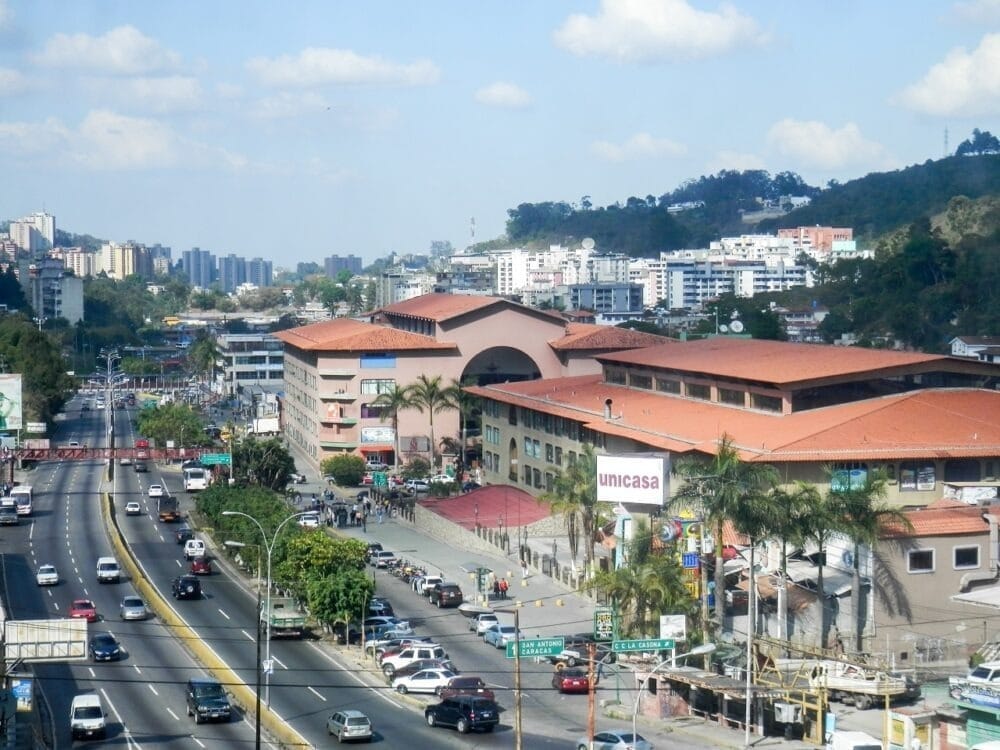GENEVA (AN) — U.N. human rights investigators suggested the International Criminal Court should take up evidence that Venezuelan security forces carried out hundreds of arbitrary killings and other abuses in the name of fighting crime.
The Geneva-based Office of the U.N. High Commissioner for Human Rights, or OHCHR, said the Venezuelan government under President Nicolas Maduro seemed to have done almost nothing to hold accountable the 357 officers investigated between 2015 and 2017.









